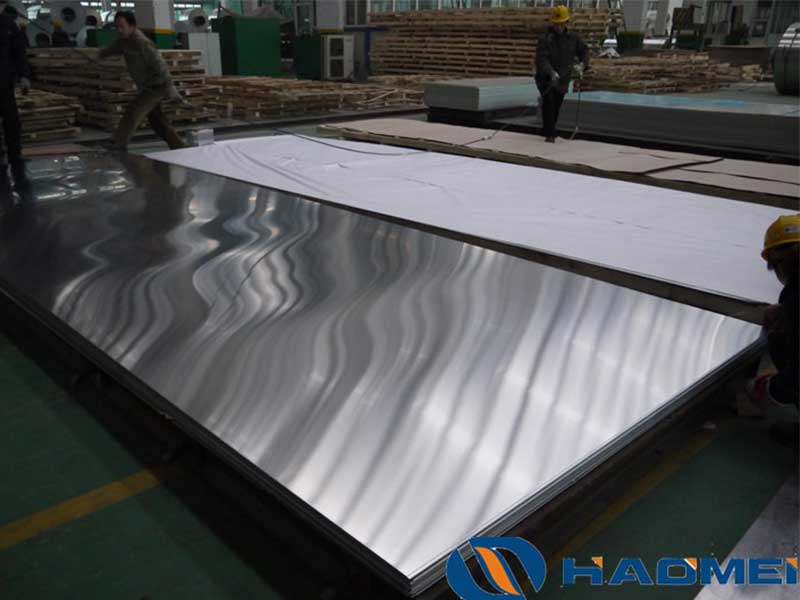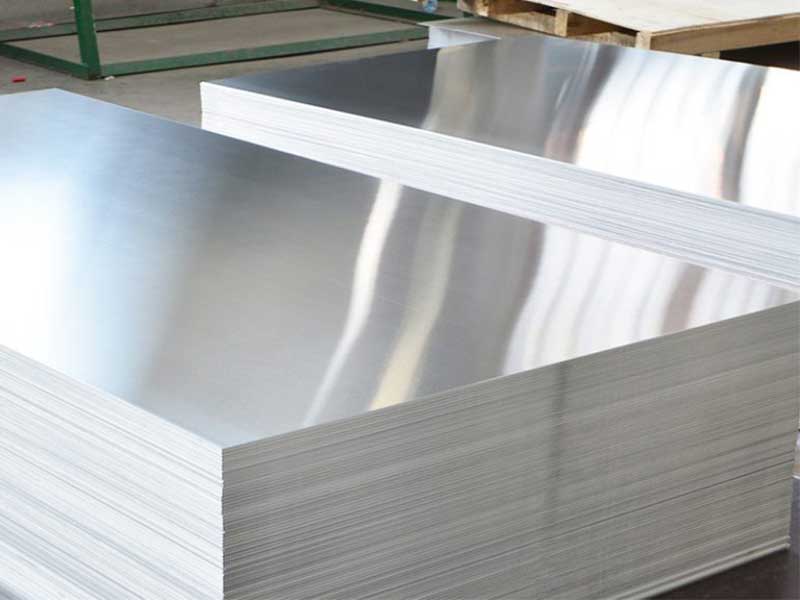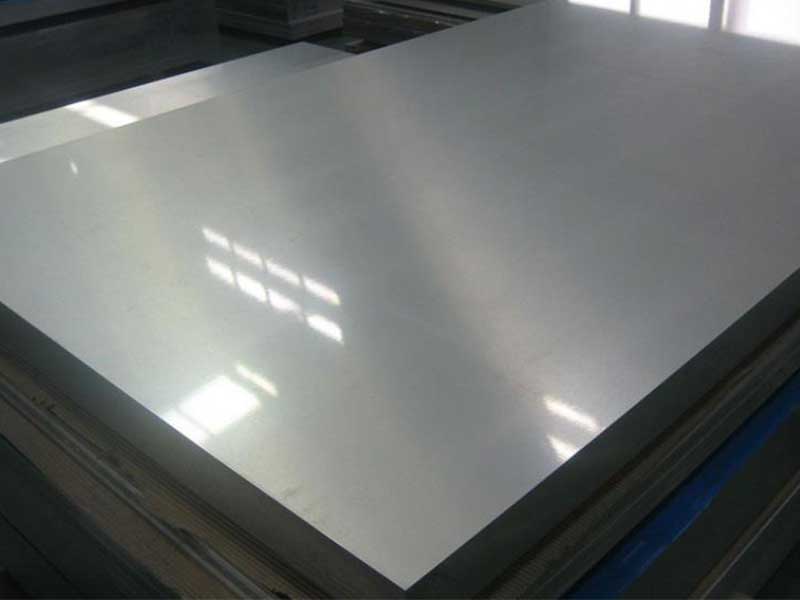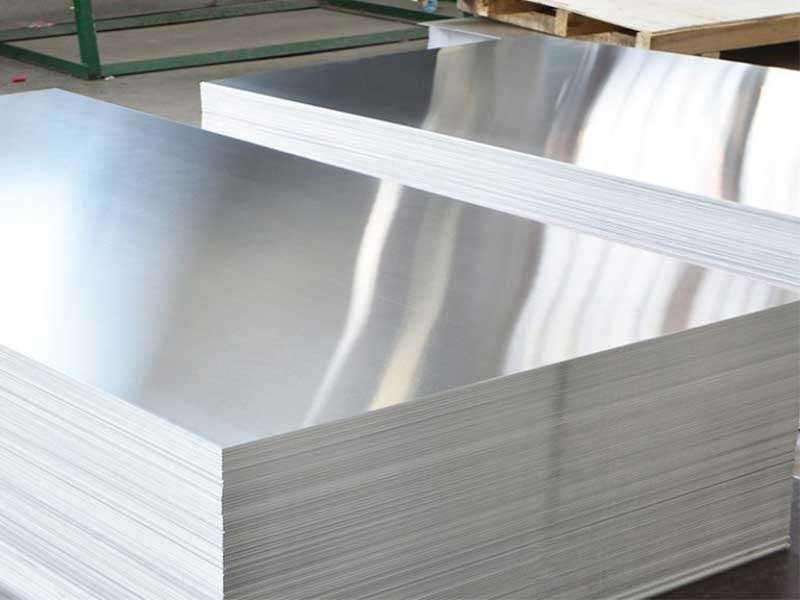In today’s rapidly evolving technological landscape, the demand for efficient, lightweight, and eco-friendly materials has never been more critical, especially in the realm of electricity storage. One significant innovation is the aluminum shell used for new energy power batteries. This advancement brings along a myriad of benefits that are redefining the industry and contributing to the development of sustainable energy solutions. Below, we explore the prominent advantages of aluminum shells for power batteries, emphasizing why aluminum sheets have become the material of choice.
1. Lightweight and Strong Structure
Aluminum is renowned for its high strength-to-weight ratio. This means that aluminum battery shells can remain durable while significantly reducing overall weight. A lighter battery allows for increased efficiency in electric vehicles (EVs) and portable devices — providing extended range and better performance. The strength of aluminum also ensures that it can withstand impacts and harsh environments, all while maintaining structural integrity.
2. Excellent Thermal Management
Effective thermal management is essential in battery performance. Aluminum has excellent thermal conductivity, aiding in better heat dissipation during charging and discharging processes. By utilizing aluminum sheets as battery casings, manufacturers can enhance the cooling mechanism of batteries, reducing the risk of thermal runaway and improving the lifespan of the battery.
3. Corrosion Resistance
One of the remarkable chemical properties of aluminum is its inherent resistance to corrosion. An aluminum battery shell protects sensitive components from moisture and other environmental factors, thus enhancing the durability and longevity of the battery. This characteristic is vital for batteries used in applications such as electric vehicles, where exposure to varying climates can be substantially impactful.
4. Increased Recyclability
As sustainability takes center stage, the importance of recyclable materials cannot be overstated. Aluminum is 100% recyclable without loss of properties, making it an eco-friendly option. By utilizing aluminum sheets for batteries, companies not only reduce their ecological footprint but also create a closed-loop system that respects the environment. This commitment to sustainability is increasingly attracting consumer interest and loyalty in today’s market.
5. Cost-Effectiveness
Although aluminum might have a higher upfront cost compared to some alternatives, its durability, lightweight features, and recyclability lead to significant long-term savings. These include lower transportation costs due to reduced weight and savings from manufacturing processes that can leverage aluminum’s capabilities for energy efficiency. By opting for an aluminum shell in battery design, manufacturers can make a wise investment that pays dividends over time.
6. Versatility in Design
The malleability of aluminum allows for versatile design innovations. Battery manufacturers can create shapes and sizes that meet specific performance requirements, optimizing space and weight distribution within the device or vehicle. The ability to customize aluminum sheets for various applications not only satisfies engineering needs but also caters to aesthetic preferences.











